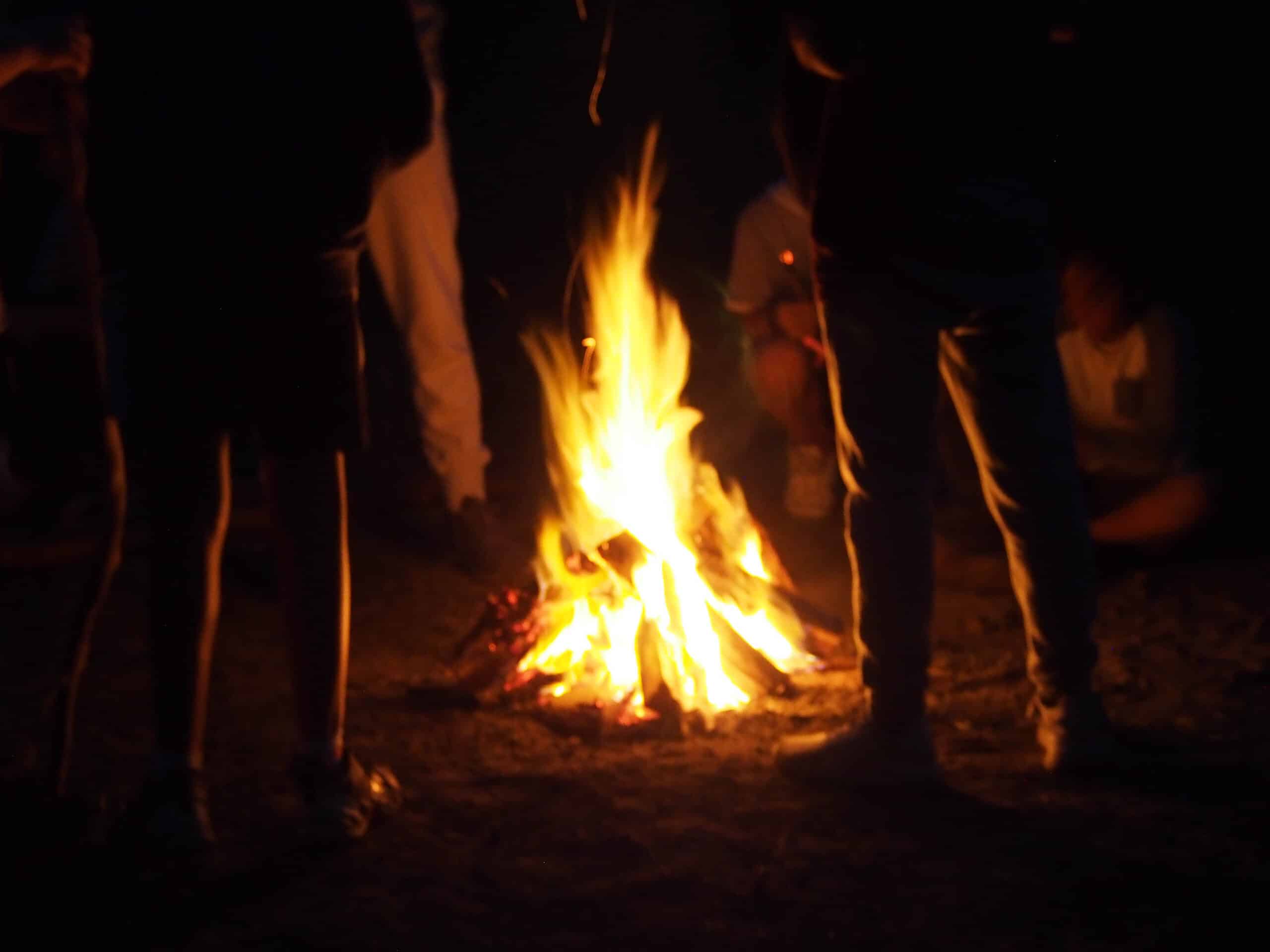

Early humans’ control of fire may have triggered genetic changes that helped them survive minor burn injuries, but those same adaptations could complicate the healing of serious burns today, researchers say.
The early-stage research suggests that Homo sapiens evolved genes that protected against deadly infections caused by small burns. These genetic traits likely played a key role in survival when early humans faced daily risks from fire. However, scientists believe the same genes may now slow recovery from larger burns, which are treatable with modern medicine but were often fatal in ancient times.
Hominins have been using fire for at least one million years for cooking, warmth, protection, and tool-making. This long history of fire use exposed them to frequent burns.
Previous studies showed that early humans may have adapted to harmful smoke exposure. Now, new evidence suggests fire use may have also shaped how humans heal from skin injuries.
Joshua Cuddihy of Chelsea and Westminster Hospital NHS Foundation Trust in London led the research team. They examined published data on gene activity in both burnt and healthy skin samples from rats and humans. Their analysis identified 94 genes that became active specifically during the healing of burn injuries.
The researchers then compared human and chimpanzee genetic data to look for signs of natural selection. They found that 10 of these burn-healing genes showed much stronger selection in humans than in chimpanzees, our closest living relatives.
Three genes, in particular, showed the strongest signs of adaptation. These genes help trigger pain responses, promote scar tissue formation, cause inflammation, and close wounds.

According to findings presented at the American Burn Association’s annual meeting this month in Phoenix, Arizona, these traits likely helped early humans quickly seal small burns and fight off infections.
However, inflammation and scar tissue can complicate the healing of larger burns. Experts warn that the same genetic responses that once protected early humans now pose challenges for treating serious burn injuries.
Daniel Dor of Tel Aviv University called the findings significant, saying they highlight how cultural practices like fire use have driven human evolution.
Thomas Püschel of the University of Oxford described the results as “novel and intriguing,” but stressed that broader studies, including research on extinct hominins, are needed to confirm the hypothesis.
Hans Püschel of the Millennium Nucleus on Early Evolutionary Transitions of Mammals in Santiago, Chile, agreed. He said the direction of these genetic changes remains unclear, and the specific traits shaped by evolution are not fully defined, making the hypothesis still speculative.
The study offers new insights into how ancient survival strategies continue to influence human health today.
